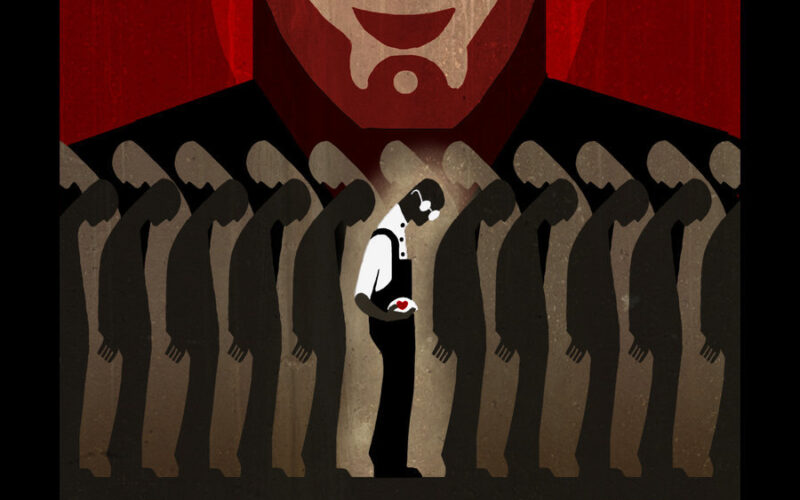Orwell: Reflections on 1984 (2/2)
George Orwell’s 1984 is a difficult work to digest, with several threads, themes and questions begging to be explored. The three most pressing are reflections on fear, the human spirit, family as a bulwark against tyranny, and the coal-miner objection to capitalism.





